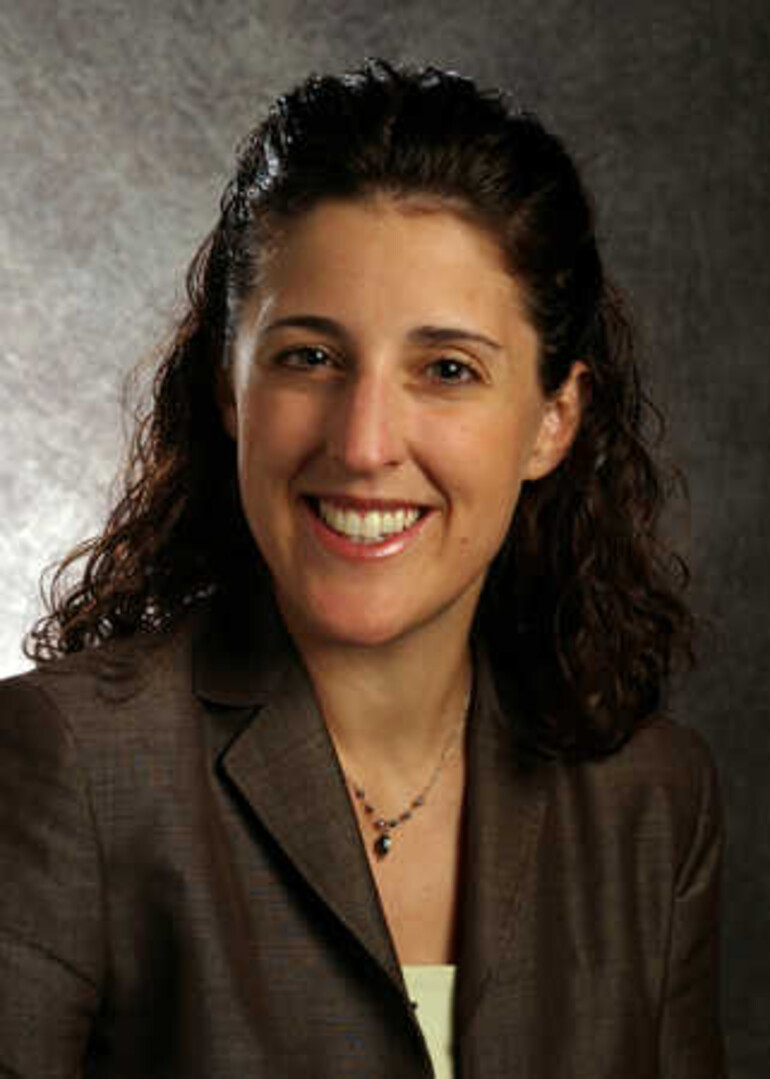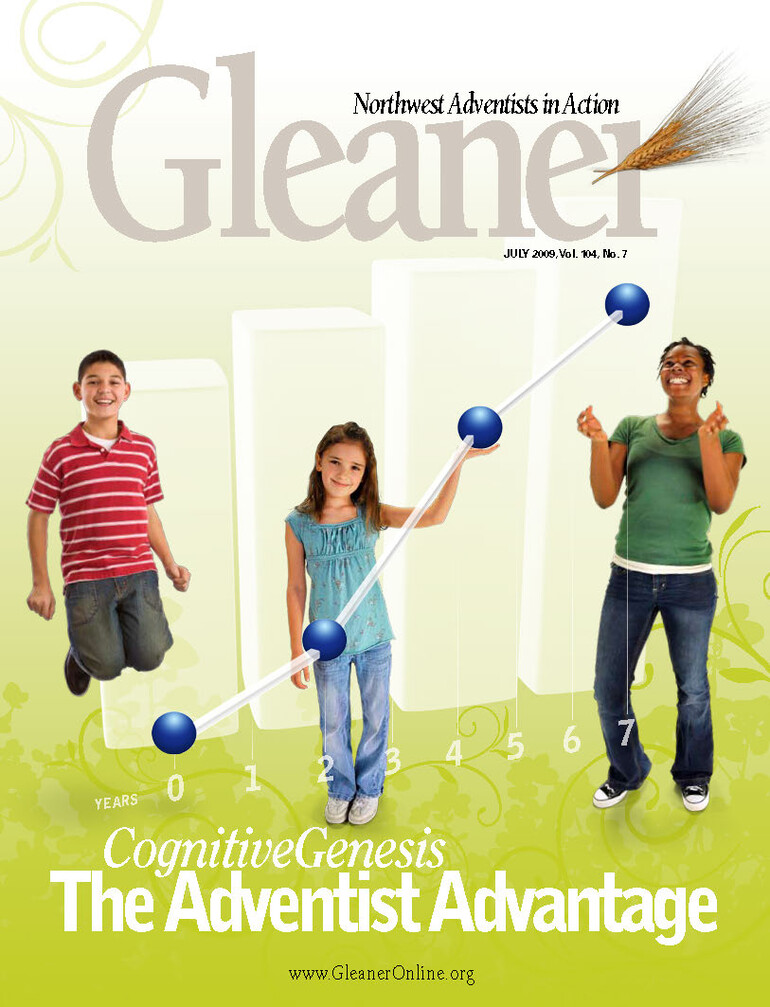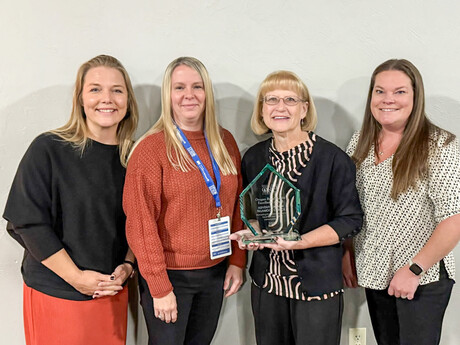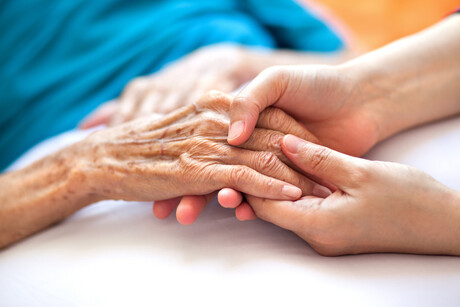In the face of death, volunteers at Adventist Medical Center seek the meanings of life. Their purpose is to honor the dying and comfort the surviving, but in the end, all are blessed.
By taking part in Defining Moments, a program capturing the lives of hospice patients via recorded interviews, pre-med students learn to be better doctors and above all, better human beings.
"They [the students] will face death whether in medicine or in personal experience," says Tanya Stewart, M.D., medical director of Adventist Health/Hospice at the Portland, Ore., facility. "Defining Moments preps them for life. Learning how to ask sensitive and thoughtful questions and to delve into delicate topics eloquently is a difficult skill and task for anyone."
In her third year of overseeing the program, Stewart acknowledges the difficulties pre-med students face in finding hospital experience prior to medical school. Defining Moments allows them opportunity to have a physician mentor and to practice crucial communication skills needed to survive in health care.
In order to participate, students volunteer at least one hour a week to spending time with hospice patients, visiting and interviewing them. As patients review their lives, CDs are created for them and their families.
"It's a fantastic program," says Barbara Crane, RN, Hospice manager. "For families, it helps the legacy of their loved one live on. It is a great way to help them work through their grief. And it adds a level of compassion for students to remember what it is like to be a patient."
As part of the program, students are mentored by Stewart, who begins by orienting them to what a patient might go through when diagnosed with a terminal illness. "I take them through being diagnosed with cancer. It has a great impact on them because they are able to understand what patients are going through," says Stewart.
As a result of this training and experience, "Students have a dramatic increase in confidence in interviewing strangers," she says. "The biggest theme with students is their improved ability to talk with people who are dying—using real words to talk about death instead of euphemisms.
"There is so much more to disease and patient care than science. It's learning how to be the best possible physician through communication," says Stewart, who believes her pre-med students will be favorite doctors as a result of their experience.
To learn more about the program, hospice care or other medical services, visit AMC online at www.adventisthealthnw.com/hospice or call (503) 251-6192.
Side Bar:
As a complement to hospice care, AMC offers many bereavement support and education classes, available to anyone who wishes to attend and often free of charge.
"Grief is quite isolating," says Debra Schneider, Hospice volunteer coordinator who worked as a bereavement coordinator for eight years. "It's an emotional rollercoaster ride. People withdraw. People get in the car and forget where they're going. Statistics show you're 600 percent more likely to end up in the ER while grieving. It's physical and emotional."
To learn more about grief and bereavement services available at AMC, visit: www.adventisthealthnw.com/hospice.











